Publications
Articles, publications, books, tools and multimedia features from the U.S. Institute of Peace provide the latest news, analysis, research findings, practitioner guides and reports, all related to the conflict zones and issues that are at the center of the Institute’s work to prevent and reduce violent conflict.
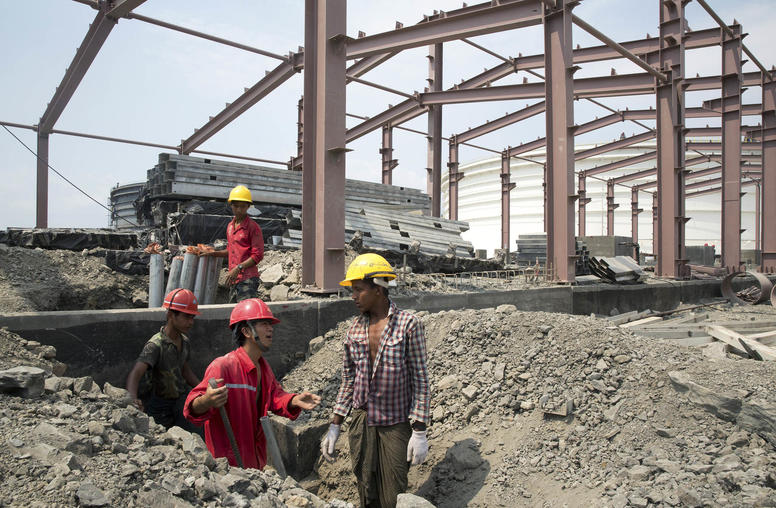
Chinese Crime Networks Partner with Myanmar Armed Groups
Along the banks of the Moei River that separates southeastern Burma from Thailand, three new cities are emerging on the traditional lands of Burma’s ethnic Karen. Not long ago, the area was wracked by intense combat between the Myanmar army and Karen nationalists. Today, hotels, casinos and condos are sprouting in unauthorized “special economic zones” owned and operated by murky Chinese business networks in partnership with local, mutually hostile armed groups. Of the three deals behind these cities, two were signed between January and March while the world focused single-mindedly on the spreading coronavirus.

Frank Aum on North Korea and Coronavirus
Despite reporting no confirmed cases, USIP’s Frank Aum says, “It’s safe to say the virus is in North Korea,” and that the isolated nation is still trying to “maintain the visage of invulnerability” through missile tests and other military demonstrations—all while instituting drastic public health measures.
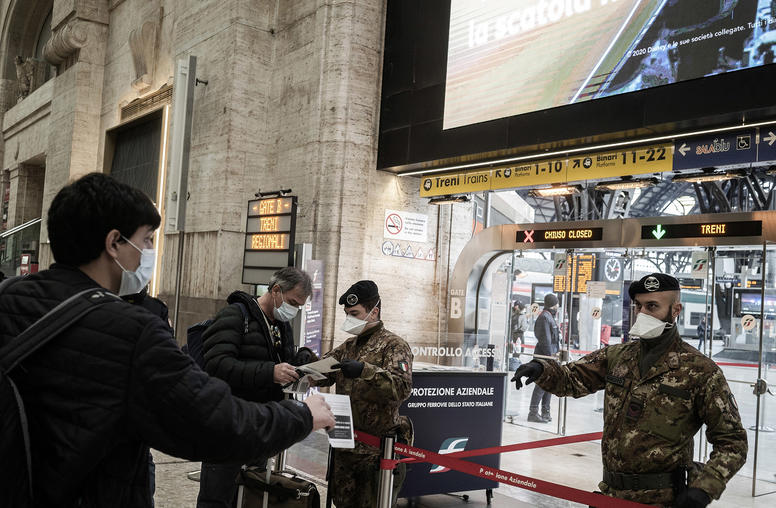
How to Put Human Security at the Center of the Response to Coronavirus
The coronavirus pandemic will have long-lasting repercussions for governance, justice, and security—among many other things. Many governments are working to contain the outbreak by adopting emergency measures and powers. Security sector actors—police, armed forces, border control authorities, penitentiaries, community security groups, and militias—are now playing a key role in limiting the virus’ spread.
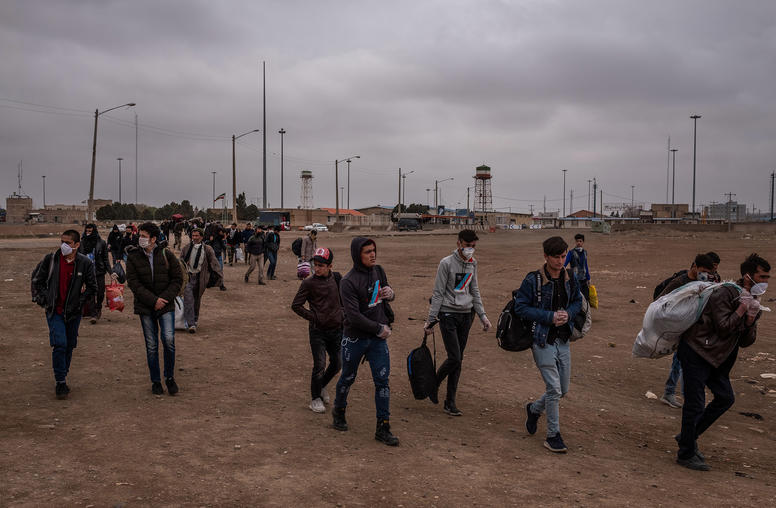
Coronavirus in Afghanistan: An Opportunity to Build Trust with the Taliban?
The COVID-19 crisis comes at a critical juncture for Afghanistan. The disputed 2019 presidential election has led to a stalemate between incumbent President Ghani and the chief executive of the last government, Abdullah Abdullah, both of whom claim the right to govern. At a time when the Afghan government should be focused on the best chance to bring peace in years, it’s distracted by a political crisis. Meanwhile, progress in the peace process has slowed since the U.S. and Taliban signed a deal in late February.
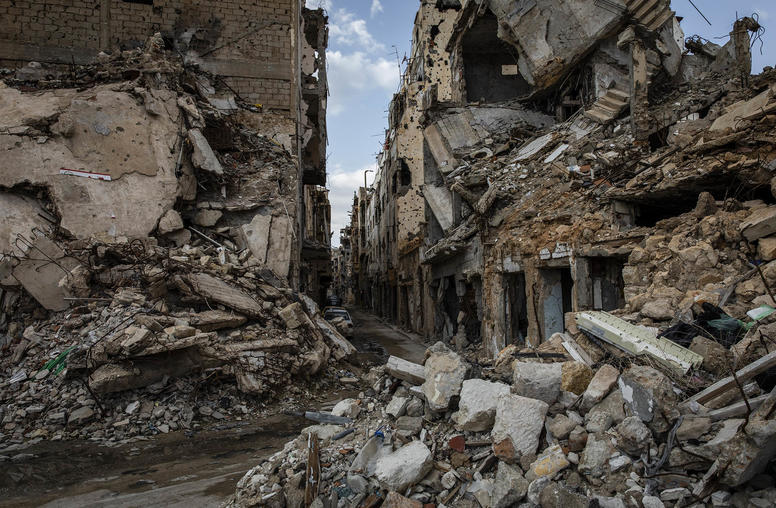
Coronavirus Shows Why Libya Needs to Build its Institutions
Even before the coronavirus pandemic spread across the globe, Libya’s health system—like many of the country’s institutions—was in crisis. The country’s public health infrastructure has been neglected since the 2011 uprising and even before it was in need of a fundamental overhaul. On top of that, many of the foreign medics in Libya fled following the conflict in 2011 and have not returned.
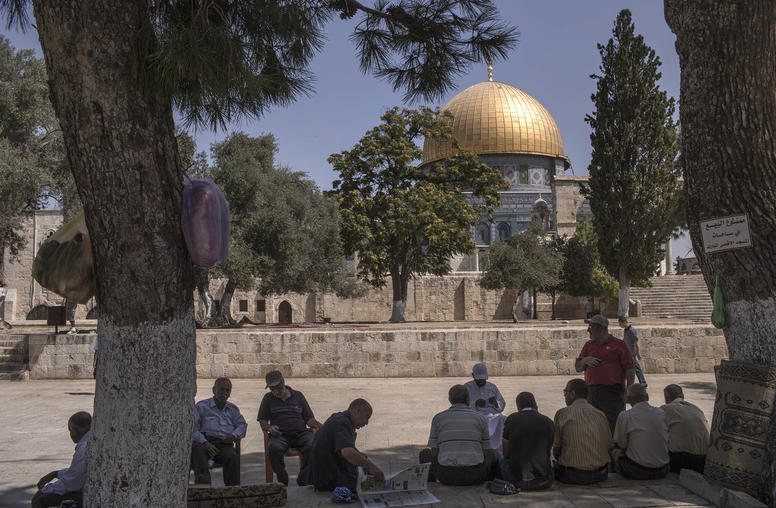
U.S., Israel and Palestinians Tie Knot of Self-Delusion
Diplomats, politicians and analysts have invoked a range of obstacles over the years to explain why Israelis and Palestinians can’t make peace: The time is not ripe; there is no partner; there isn’t enough pressure on one party or the other; one side is willing but unable to make concessions, the other is able but unwilling. Now, as the world focuses on the coronavirus pandemic and its economic repercussions, we can add another, more inclusive explanation: Israeli, Palestinian, and American leaders have all embraced self-delusion on the road to pyrrhic victory.

Lucy Kurtzer-Ellenbogen on Israel’s Political Turmoil and the Coronavirus Crisis
After three elections, Israel’s political crisis is reportedly coming to an end. Lucy Kurtzer-Ellenbogen explains that the focus has now shifted to the coronavirus pandemic and its impact on the Israeli-Palestinian conflict, saying, “What you do often see in the face of these immediate crises is a lot of banding together and cooperation … the question is how long it holds afterwards.”
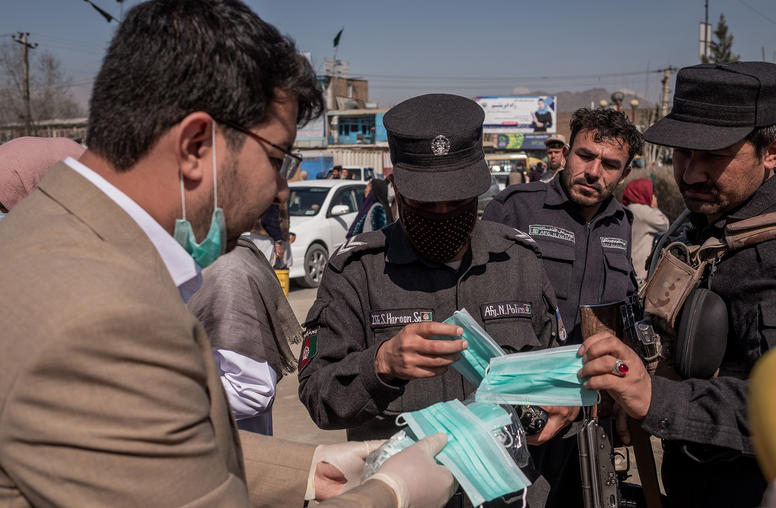
The Coronavirus is a Call To Build Resilience in Fragile States
As more developed nations have struggled desperately to contain and manage the COVID-19 pandemic, the specter of the virus rolling through the more fragile countries in the Sahel, Horn of Africa, and parts of the Middle East is a terrifying, slow-motion train wreck with the potential to trigger a devastating multidimensional-tiered health, economic, political, and security crisis. It also provides an urgent call to action to do things differently in fragile states so they can recover better.
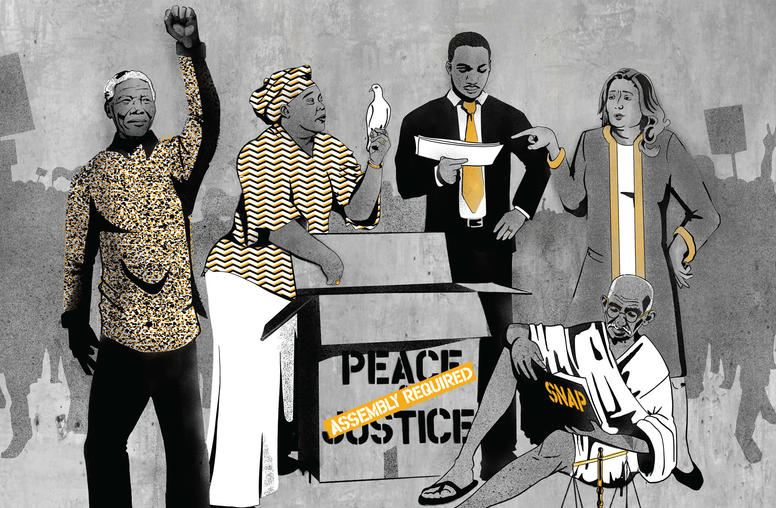
SNAP: Synergizing Nonviolent Action and Peacebuilding (Arabic)
يسعى هذا الدّليل إلى إقامة جسور تواصل بين العاملين في مجال بناء السّلام من جهة والناشطين في مجالات التّحرّك غير العنيف من جهة أخرى. ويستعرض أساليب العمل المتاحة في كلا المجالين بصورةٍ إستراتيجيّةٍ وفعّالةٍ للمساهمة في تحويل النزاع. ويُبيِّن الدّليل طريقة تحقيق التّضافر بين الحوار ومهارات التّحرّك المباشر والمقاربات من أجل خدمة العدالة والسّلام المستدامين. أعدّ هذا الدّليل ليوضع بتصرّف المدرّبين والمُيسِّرين وسائر الأشخاص المتعاملين مع المنظمات والناشطين والوسطاء والمفاوضين وبناة السّلام الذين يرغبون في معرفة المزيد بشأن طريقة الدّمج بين إستراتيجيّات التّحرّك غير العنيف وبناء السّلام في عملهم.
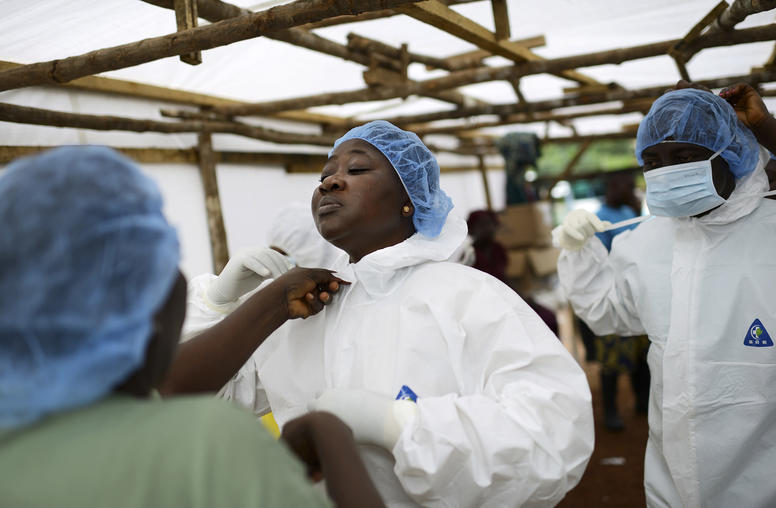
How to Make Women Count in the Response to Coronavirus
As health organizations and national governments seek to stem the spread of COVID-19, it is critical that they understand the gender dynamics in their societies. Efforts to combat the pandemic will only go so far if women and girls are left behind in the process. For example, how can a woman experiencing domestic violence quarantine at home safely? Thankfully, global efforts to integrate women as equal partners in peace and security can provide key lessons in responding to health epidemics more inclusively and effectively.